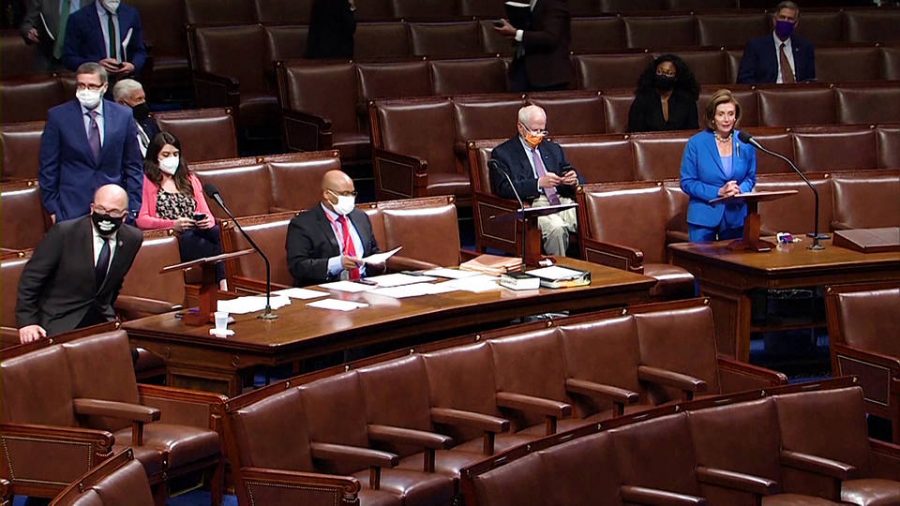Congress Temporarily Averts Financial Disaster
Congressional leaders have staved off a catastrophic federal debt default for the time being. After a prolonged back and forth between Senate majority leader Chuck Schumer (D-NY) and Senate minority leader Mitch McConnell (R-KY), talks led to a temporary resolution that passed the Senate and House by narrow margins and was signed by President Joe Biden. This temporarily avoided a default that could see money stripped from programs like Medicare and Social Security in order to pay the government’s bills.
After initially vowing that Republicans would give no help whatsoever to routine and usually bipartisan procedural efforts to lift the federal government’s debt ceiling, McConnell and other Republicans decided to reverse course and helped extend the ceiling to December, pushing out the deadline by around two months as a more permanent solution is figured out. While many conservatives, like Senator Lindsey Graham (R-SC), blasted McConnell for his compromise, Democrats hailed the plan as a sign that the minority leader had folded in his effort to obstruct them. Schumer hid no frustrations when he spoke after the bill passed, exorating his Republican colleagues and venting the frustrations of most of his caucus. This upset some members of the moderate Democrats like Senator Joe Manchin (D-WV), who wanted Schumer to project a more bipartisan message.
Despite the Senate’s progress, McConnell sent a letter and spoke to President Biden shortly after the vote, saying that Republicans would no longer make any efforts to help lift the debt ceiling. If McConnell holds his firm line, Democrats will likely either have to use the arcane budget reconciliation process to lift the ceiling with only Democratic votes, or forge ahead with plans to carve out a piece of the filibuster in order to lift it. Some Democrats attempted to shoot down both ideas, in favor of a deal with Republicans, but it seems increasingly likely that one of the ideas will have to be used in order to avoid a looming default. With the issue out of the way for now, Democrats will prioritize passing their signature infrastructure and social welfare expansion bills, which will likely hold most of Congress’s focus until late November, as the next default deadline creeps closer.

Abhishek is a deeply engaged member of the Albuquerque Academy community, part of several government and politics-focused clubs and activities. For the...







